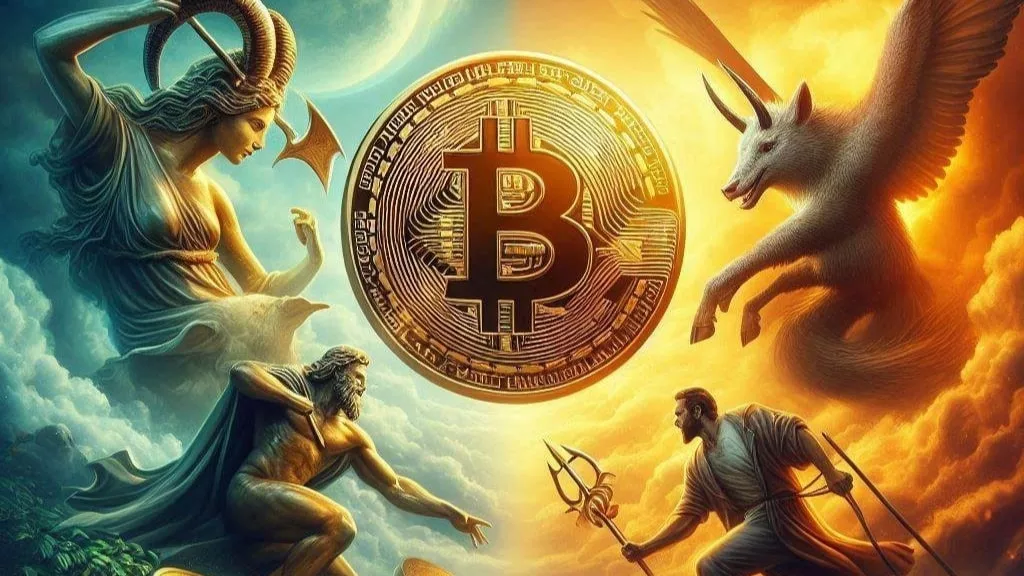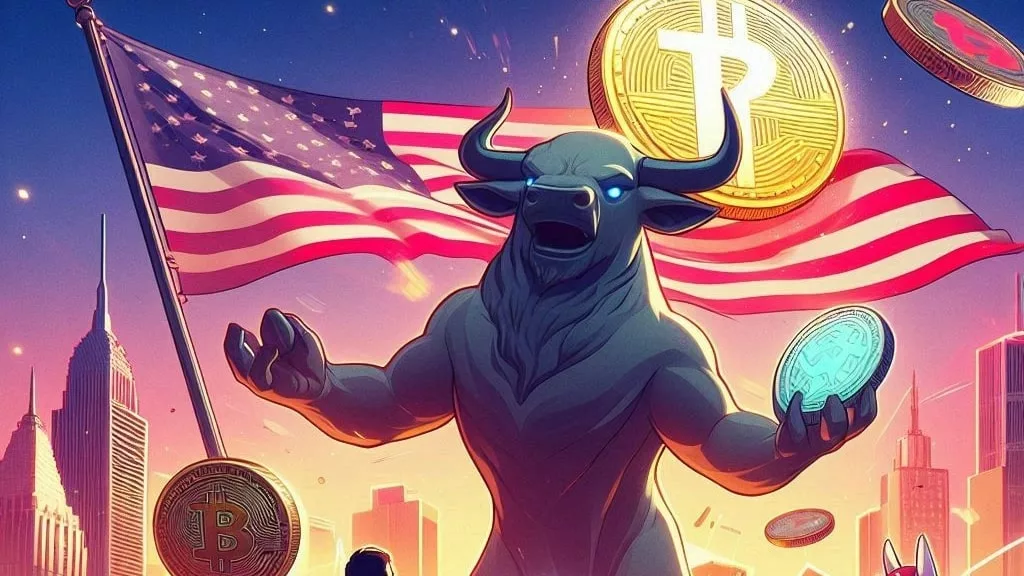
Robert Kiyosaki, the celebrated author of “Rich Dad Poor Dad,” and Peter Schiff, an influential advocate for gold and outspoken critic of certain digital currencies. Their divergent viewpoints on the future trajectories of gold, silver, bitcoin, and the US dollar, particularly in the context of a potential Donald Trump re-election, highlight fundamental disagreements in economic theory and investment strategy.
Robert Kiyosaki’s Optimism: A Bullish Outlook
Robert Kiyosaki’s perspective is characterized by a bullish optimism, particularly under the hypothetical scenario of Donald Trump securing a second term as President of the United States. The crux of Kiyosaki’s forecast revolves around Trump’s perceived support for a weaker US dollar—a policy stance Kiyosaki believes would have multifaceted positive impacts on the American economy and asset markets.
According to Kiyosaki, a weaker dollar would enhance the competitiveness of American exports by making them more affordable in international markets. This, in turn, would stimulate demand for US products abroad, potentially boosting manufacturing output and job creation within the country. Moreover, Kiyosaki argues that a weaker dollar would inflate the prices of tangible assets like gold and silver, as well as alternative stores of value such as bitcoin.
In concrete terms, Kiyosaki predicts substantial increases in the prices of these assets by August 2025: gold from its current level of approximately $2,400 per ounce to $3,300 per ounce, silver from around $29 per ounce to $79 per ounce, and bitcoin from its recent highs of $67,400 per coin to an impressive $105,000 per coin. These forecasts underscore his confidence in the resilience and value appreciation potential of precious metals and cryptocurrencies under a weaker dollar regime.
Beyond specific price predictions, Kiyosaki has been vocal about his investment strategy, particularly regarding bitcoin. He not only encourages investors to consider bitcoin as a hedge against currency devaluation and inflation but also reveals his personal practice of regularly purchasing bitcoin, viewing it as a long-term store of value akin to gold and silver.
Peter Schiff’s Caution: A Bearish Counterpoint
Peter Schiff, on the other hand, presents a starkly contrasting viewpoint characterized by skepticism and caution, especially towards digital assets like bitcoin and the broader implications of a weaker US dollar. Schiff, a well-known proponent of gold and critic of fiat currencies, including the US dollar, posits that a policy-driven depreciation of the dollar would ultimately undermine the economic stability and prosperity of the United States.
Schiff’s central argument against a weaker dollar revolves around its potential negative impact on domestic purchasing power and overall economic competitiveness. While conceding that a weaker dollar might temporarily benefit some export-oriented industries, Schiff contends that the long-term consequences would outweigh any short-term gains. He predicts that a weaker dollar would lead to higher inflationary pressures, diminishing the purchasing power of American consumers and eroding their standard of living.
Moreover, Schiff anticipates adverse implications for commodity prices, particularly oil. Despite potential increases in domestic oil production facilitated by a weaker dollar, Schiff argues that global market dynamics would drive oil prices higher, thereby increasing costs for American consumers and businesses alike.
Analyzing the Clash: Economic Implications and Investor Strategies
The clash between Kiyosaki and Schiff underscores broader debates within the financial community regarding the role of traditional commodities like gold, the viability of digital currencies like bitcoin, and the ramifications of currency policies on global economic stability. Their conflicting predictions reflect deep-seated philosophical differences in understanding market dynamics and investment strategies.
For investors and analysts alike, navigating these divergent viewpoints requires a nuanced understanding of economic theory, geopolitical developments, and market psychology. Kiyosaki’s bullish outlook suggests potential opportunities for capital appreciation in gold, silver, and bitcoin under a weaker dollar scenario, emphasizing these assets’ roles as hedges against currency devaluation and inflationary pressures.
Conclusion: Navigating Uncertainty in Economic Forecasting
In conclusion, the contrasting predictions of Robert Kiyosaki and Peter Schiff on gold, bitcoin, and the US dollar reflect broader debates within the financial community about the future of global markets under varying economic conditions. Kiyosaki’s optimism towards asset price appreciation under a weaker dollar regime contrasts sharply with Schiff’s cautious skepticism, particularly regarding digital currencies like bitcoin.

Get the latest Crypto & Blockchain News in your inbox.